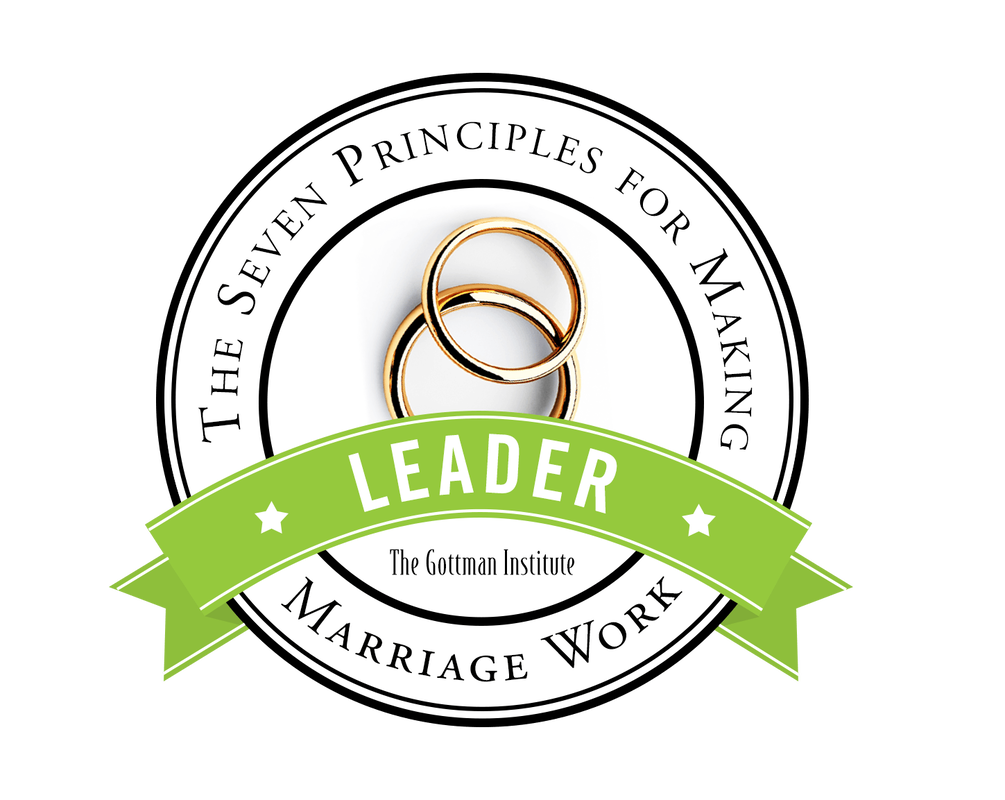|
One of the biggest hesitancy that I see as a therapist is the resistance to travel back in the past. It may be human nature to want to always keep moving forward. Especially in a society that does not value the past and focuses on a “what have you done lately” mentality. It doesn’t seem useful to many of us to let our minds drift to some of our past experiences since we cannot change what happened. When we think of our childhoods’, it is as if we are thinking about another lifetime. How could something that happened 20 years ago really have that big of an impact on us? The answer might be as simple as you are still partially that same person that you were as a child. Yes you grew older, yes you grew wiser, but you still have a part of yourself as in child inside of you along with all the bruising you received along the way. Our inner child parts are often longing for the things that they didn’t receive or need healing from the things that happened to them. Since they are our child parts, they are relentless, they are emotional, they WILL have their voices heard. As an adult so much of the focus in put in hushing those child parts of ourself. They are old parts. There’s no place for them to still be hurt or to have needs in our current framework of life. However, the more we stuff down these child parts, the angrier they get, the sadder they get, the more unheard they feel. So what do these child parts do when they are feeling unheard? What does any child do when they are feeling unheard? They act out or retreat internally. When we put a relationship with another person in the mix, as usual, it complicates everything. You not only have your own child parts to worry about, but your partner has their child parts that have needs, fears, and hurts as well. But how do you know if your childhood is affecting your relationship? While there are many ways, here are five to look out for. 1. You have difficulty opening up in your relationships. Vulnerability isn’t easy. It’s hard and scary because all of us have been hurt before. One of the main ways in which you can tell how your past is influencing your relationship is to notice if you have any walls up that are restricting you from being your true authentic self. Are there things that you don’t want to share with your partner. Are there pieces of yourself that you fear if your partner knew them, they wouldn’t care for you in the same way. It’s natural to have fears of being close to people, but when we’ve been hurt in our past, the child part in us is not going to let us get hurt again. 2. You escalate quickly during fights. Losing your cool in fight very quickly can be a sign that you have had exposure to negative interactions in the past. It may be helpful to think back to how your parents or caregivers fought. Did they scream and yell at one another? Did they avoid fighting completely? Often how our caregivers fought deeply affects us in conflict. The child parts of ourself may have difficulty self-soothing. For many us growing up, we didn’t learn how to calm ourselves. As we grow older, we have shorter fuses that pop off in our relationships. 3. You avoid conflict. Conflict may in fact have been extremely scary for you as a child. As children, we don’t understand how people can be angry one moment and loving the next. For many of us, we learned that conflict ended in disaster, so naturally we avoid it. Reversely, perhaps we didn’t see conflict as even existing so when it arises in our current relationships, it feels like a failure or something unnatural. 4. You are have difficulty trusting your partner. It might have been the case for you growing up in which people in your life were not reliable. Those that were suppose to love you and suppose to care for you simply could not for whatever reason. As children, we learn that the world is then as scary place and we must protect ourselves. These wounds make it really hard to see our partner as someone who is trustworthy, when those who were suppose to take care of us, were not trustworthy. 5. You struggle with physical and verbal affection. Lastly, it may be uncomfortable to show any forms of intimacy. For those of us who have been hurt, we often learn that physical contact = pain. We avoid getting close to those people for fear of potentially getting hurt again. Even if we didn’t have any physical or emotional abuse in our histories, even our parent’s own lack of affection can greatly increase our chances of struggles in this areas. If we convince ourselves that we don’t NEED affection and attention, it makes it easier to not feel the rejection of what it was like to not receive that growing up. The thing is, we are never not influenced by our past experiences. Instead of avoiding those hurt child parts of ourselves, it is best that we listen to them. You’re now an adult and have the ability to care for the wounded part of yourself that perhaps was not previously cared for. Perhaps, this is even an opportunity for you and your partner to heal your wounded parts together and learn how to create a new model for having intimate relationships. Ready to take the first step? I’ve created an entire course to help you and your partner start to identify how your past experiences have influenced your current interactions with your partner. You’ll learn: 1.How to identify you past relationship models and how they’ve influenced you. 2.Learn how to communicate with your partner regarding topics involving conflict, physical intimacy, and emotional expression. 3.Cultivate a new model for how you and your partner would like your relationship to look like and take ownership in your future path together. More.
0 Comments
|
Author
Archives
May 2021
|
|
Copyright Relational Balance © 2022
|
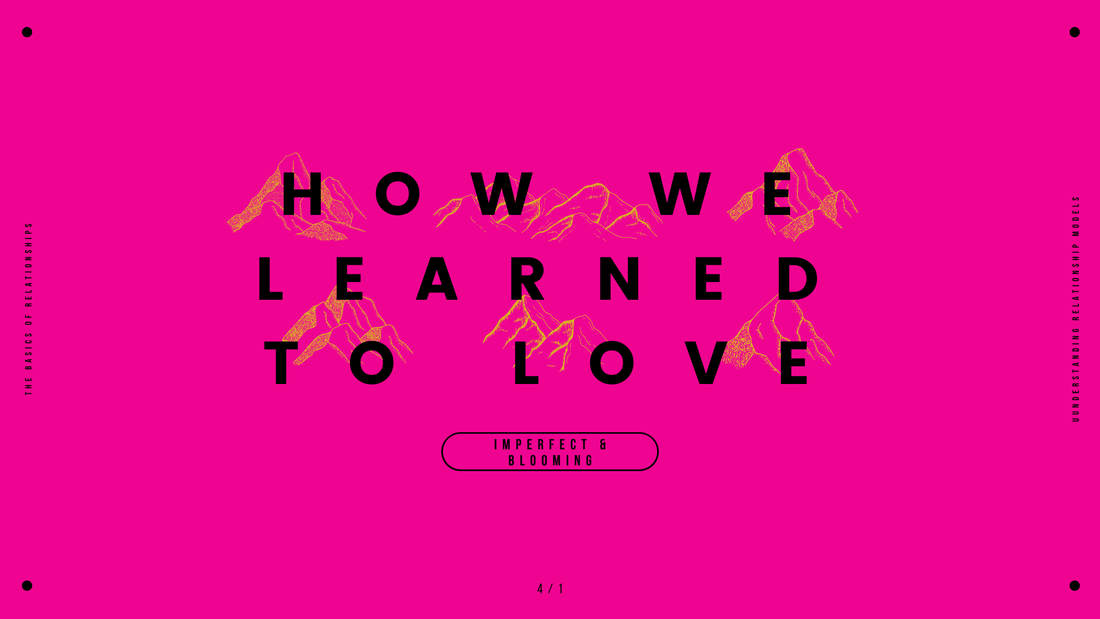

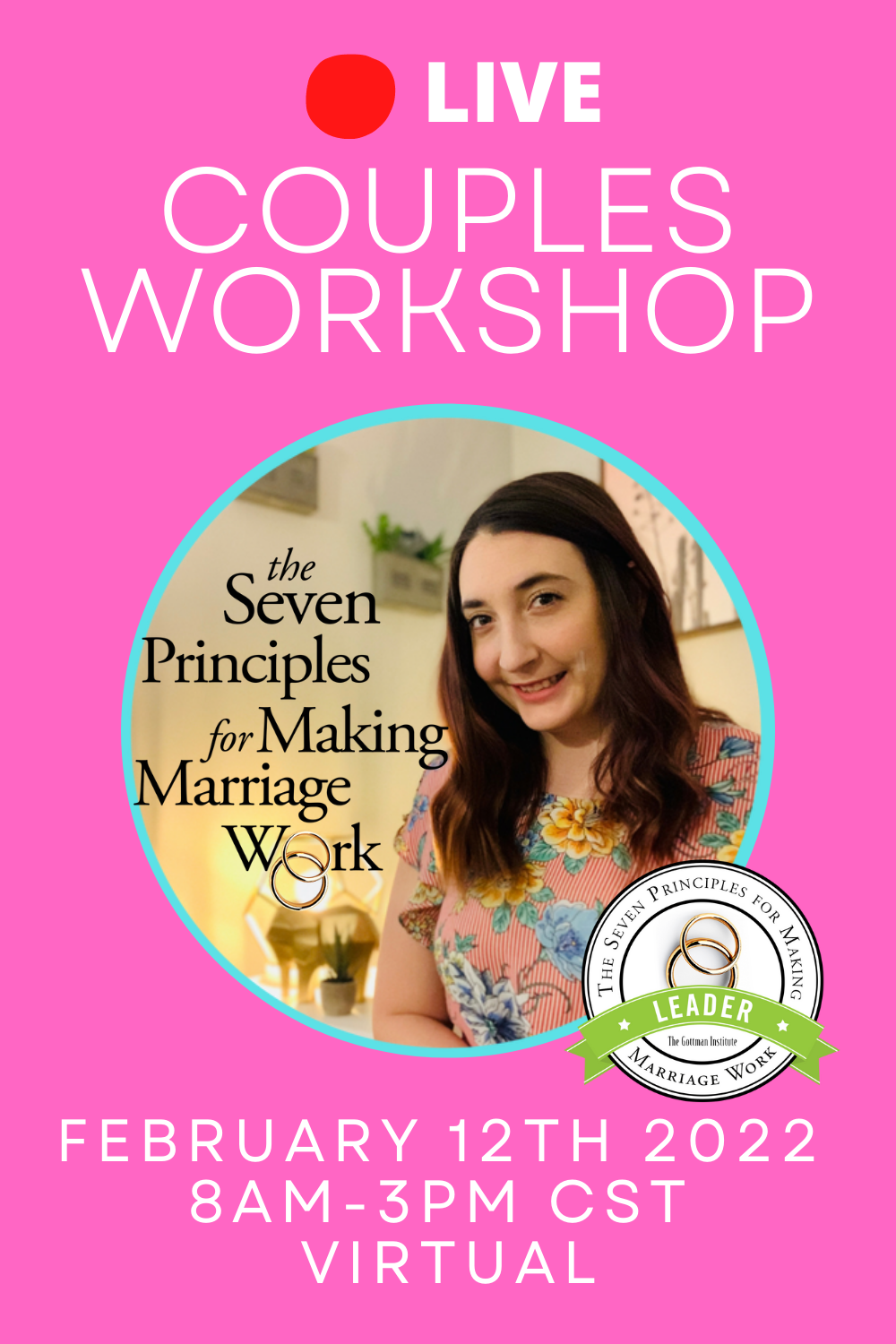
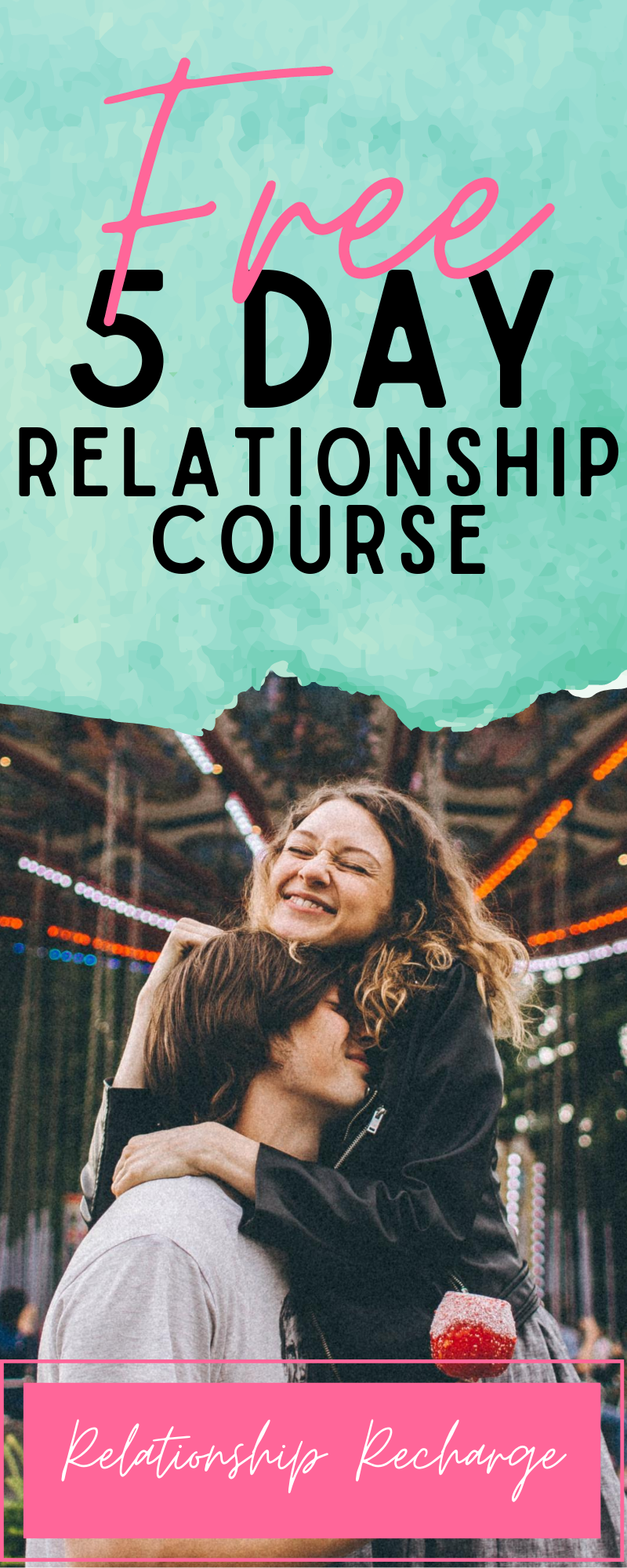
 RSS Feed
RSS Feed

